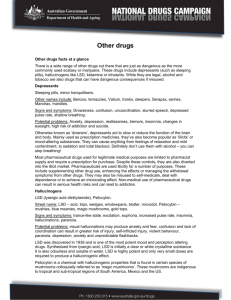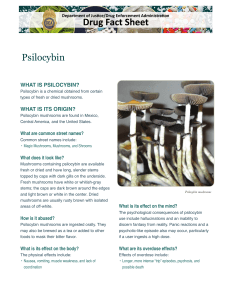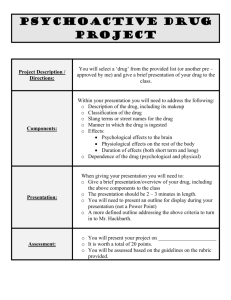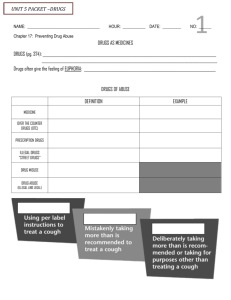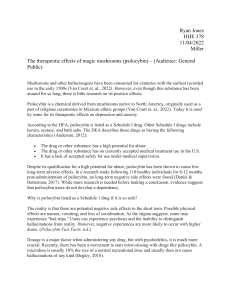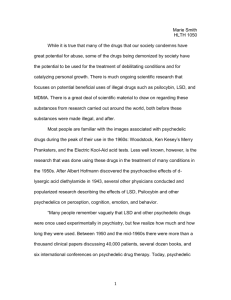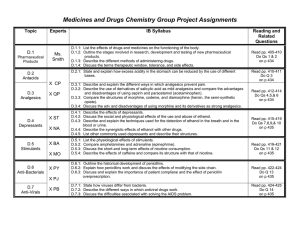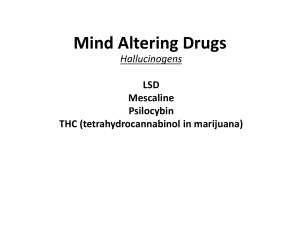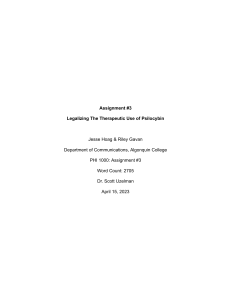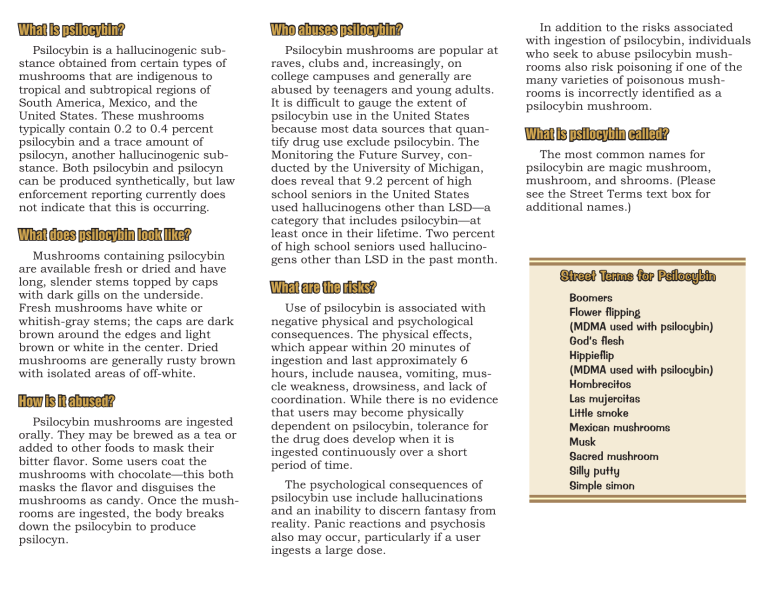
What is psilocybin? Who abuses psilocybin? Psilocybin is a hallucinogenic substance obtained from certain types of mushrooms that are indigenous to tropical and subtropical regions of South America, Mexico, and the United States. These mushrooms typically contain 0.2 to 0.4 percent psilocybin and a trace amount of psilocyn, another hallucinogenic substance. Both psilocybin and psilocyn can be produced synthetically, but law enforcement reporting currently does not indicate that this is occurring. Psilocybin mushrooms are popular at raves, clubs and, increasingly, on college campuses and generally are abused by teenagers and young adults. It is difficult to gauge the extent of psilocybin use in the United States because most data sources that quantify drug use exclude psilocybin. The Monitoring the Future Survey, conducted by the University of Michigan, does reveal that 9.2 percent of high school seniors in the United States used hallucinogens other than LSD—a category that includes psilocybin—at least once in their lifetime. Two percent of high school seniors used hallucinogens other than LSD in the past month. What does psilocybin look like? Mushrooms containing psilocybin are available fresh or dried and have long, slender stems topped by caps with dark gills on the underside. Fresh mushrooms have white or whitish-gray stems; the caps are dark brown around the edges and light brown or white in the center. Dried mushrooms are generally rusty brown with isolated areas of off-white. How is it abused? Psilocybin mushrooms are ingested orally. They may be brewed as a tea or added to other foods to mask their bitter flavor. Some users coat the mushrooms with chocolate—this both masks the flavor and disguises the mushrooms as candy. Once the mushrooms are ingested, the body breaks down the psilocybin to produce psilocyn. What are the risks? Use of psilocybin is associated with negative physical and psychological consequences. The physical effects, which appear within 20 minutes of ingestion and last approximately 6 hours, include nausea, vomiting, muscle weakness, drowsiness, and lack of coordination. While there is no evidence that users may become physically dependent on psilocybin, tolerance for the drug does develop when it is ingested continuously over a short period of time. The psychological consequences of psilocybin use include hallucinations and an inability to discern fantasy from reality. Panic reactions and psychosis also may occur, particularly if a user ingests a large dose. In addition to the risks associated with ingestion of psilocybin, individuals who seek to abuse psilocybin mushrooms also risk poisoning if one of the many varieties of poisonous mushrooms is incorrectly identified as a psilocybin mushroom. What is psilocybin called? The most common names for psilocybin are magic mushroom, mushroom, and shrooms. (Please see the Street Terms text box for additional names.) Street Terms for Psilocybin Boomers Flower flipping (MDMA used with psilocybin) God’s flesh Hippieflip (MDMA used with psilocybin) Hombrecitos Las mujercitas Little smoke Mexican mushrooms Musk Sacred mushroom Silly putty Simple simon Other products of interest: Nebraska State Patrol , Huffing—The Abuse of Inhalants Psilocybin Fast Facts , Prescription Drug Abuse and Youth , Drugs, Youth, and the Internet illegal? Is psilocybin Illegal? Check out Fast Facts on: + Crack cocaine , Crystal methamphetamine , Drug paraphernalia , DXM , Foxy , Fry , GHB and analogs , Heroin , Inhalants , Jimsonweed , Ketamine , Khat , LSD , Marijuana , MDMA , Methadone , Methamphetamine , OxyContin , PCP , Powdered cocaine , Prescription drugs , Ritalin , Rohypnol , Salvia divinorum , Steroids , Teens and drugs , Triple C , Yaba For more information on illicit drugs check out our web site at: www.usdoj.gov/ndic National Drug Intelligence Center 319 Washington Street, 5th Floor Johnstown, PA 15901-1622 Telephone: 814-532-4601 FAX: 814-532-4690 NDIC Washington Liaison Office 8201 Greensboro Drive, Suite 1001 McLean, VA 22102-3840 Telephone: 703-556-8970 FAX: 703-556-7807 Questions and Answers NDIC publications are available on the following web sites: ADNET LEO RISS INTERNET http://ndicosa home.leo.gov/lesig/ndic ndic.riss.net www.usdoj.gov/ndic Call 814-532-4541 to request NDIC products National Drug Intelligence Center a component of the NDIC Product No. 2003-L0559-018 Cover photo © Porrata Consulting 082203 Yes, psilocybin is illegal. Psilocybin is a Schedule I substance under the Controlled Substances Act. Schedule I drugs, which include heroin and LSD, have a high potential for abuse and serve no legitimate medical purpose in the United States. U.S. Department of Justice
